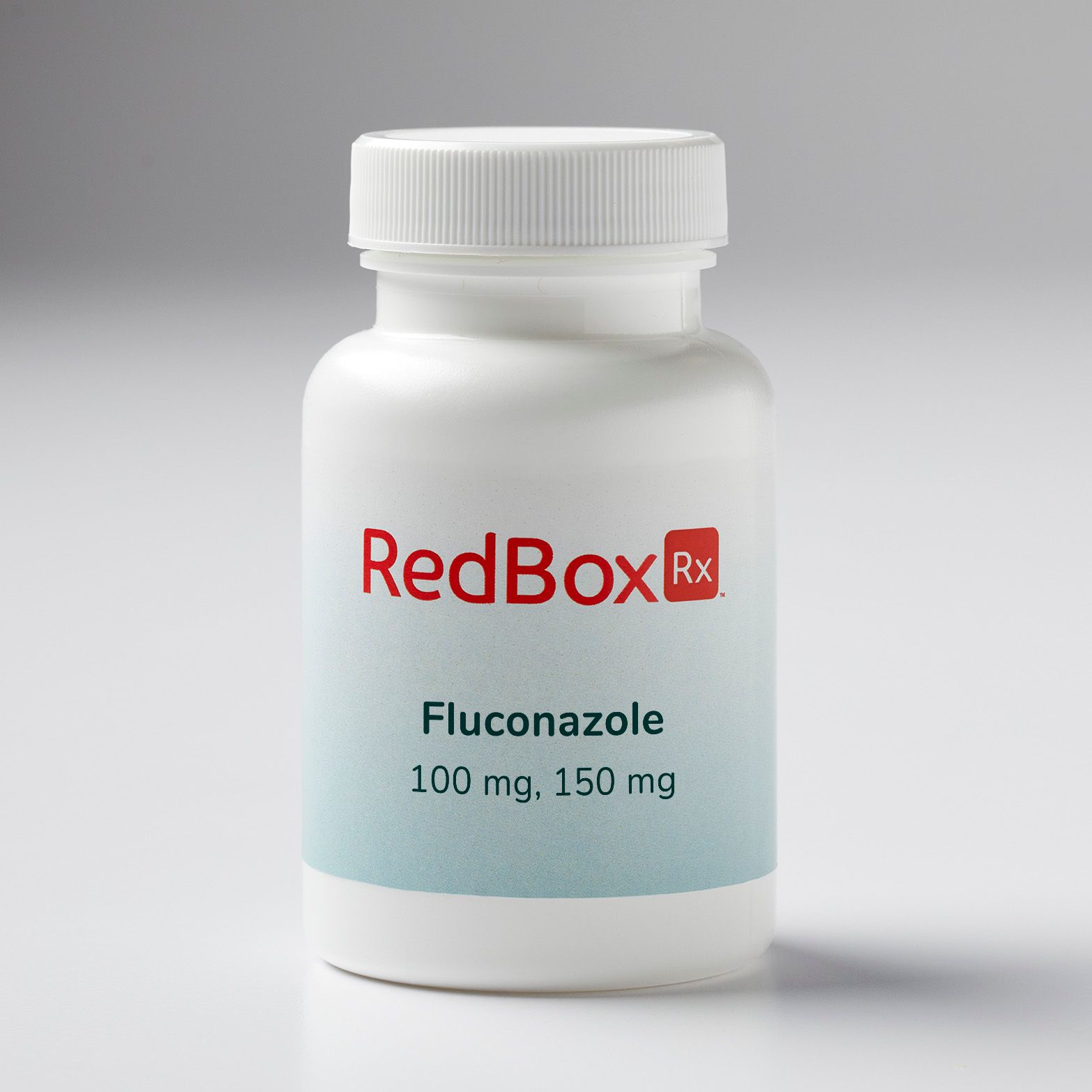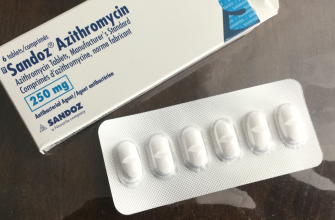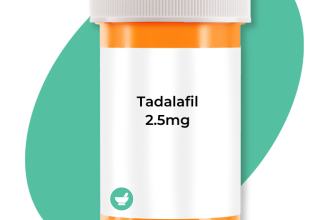If you need a Diflucan prescription, consider consulting a healthcare provider who can assess your symptoms and medical history. This ensures you receive the appropriate dosage and guidance tailored to your specific situation.
Delivery services now allow you to obtain Diflucan with minimal effort. Many pharmacies offer online consultations, enabling you to discuss your condition discreetly and securely. Following the consultation, your prescription can often be sent directly to your preferred pharmacy or even delivered to your door.
When using these services, provide complete and accurate information about your health. This accuracy helps healthcare professionals make informed decisions and ensures your treatment is safe and suitable. Stay informed about possible side effects and interactions with other medications you may be taking.
Diflucan is particularly effective for yeast infections and fungal infections, and knowing the specifics of your condition can enhance treatment outcomes. Be proactive in your health management and don’t hesitate to ask questions during consultations to clarify any doubts regarding the use of Diflucan.
Diflucan Prescription Without: A Comprehensive Guide
Obtaining a Diflucan prescription without a traditional pharmacy visit is possible through various avenues. Many online platforms offer telehealth services where licensed healthcare professionals can evaluate your condition and prescribe medications, including Diflucan, if necessary.
To start, you can use reputable telemedicine websites that connect you with doctors via video or chat. Prepare your medical history and any current symptoms to facilitate a clear discussion. If you are experiencing symptoms of a yeast infection or other fungal issues, clearly describe your situation. The doctor may request additional information or suggest a treatment plan tailored to your needs.
Another option is to inquire at local clinics or community health centers that might offer online consultations. These clinics often have flexible hours and can assist you in accessing Diflucan without the need for an in-person appointment.
Additionally, pharmacies with online services might allow you to consult a pharmacist or healthcare provider through their websites. This is especially helpful if you have previously used Diflucan and are familiar with its effects and your response to it.
Keep in mind that while accessing Diflucan online provides convenience, safety is paramount. Always ensure the service is legitimate and that the prescribing healthcare provider is licensed. Never purchase medications from unverified sources, as this can pose significant health risks.
After obtaining a prescription, check if your health insurance covers the medication or if there are discounts available. Many pharmacies offer generic versions of Diflucan, which are often more affordable.
Staying informed about your health and symptoms is vital. If symptoms persist or worsen, consider scheduling a follow-up consultation for further evaluation. Taking proactive steps in managing your health will lead to better outcomes.
Understanding Diflucan and Its Uses
Diflucan, known generically as fluconazole, treats various fungal infections. It primarily targets yeast infections, including those caused by Candida species. Additionally, healthcare providers prescribe it for cryptococcal meningitis in patients with HIV/AIDS.
For vaginal yeast infections, a single oral dose of Diflucan usually suffices. Healthcare providers may recommend a longer treatment course for systemic infections, depending on the severity and type of infection. Always follow the dosage instructions from your healthcare provider for optimal results.
Dosage Considerations
The typical adult dosage varies from 150 mg for a single yeast infection to 400 mg daily for more severe infections. Pediatric dosages depend on the child’s weight and specific condition being treated. Monitoring by a healthcare professional is important for appropriate adjustment.
Side Effects and Precautions
Common side effects include nausea, headache, and dizziness. Serious side effects are rare but can occur, such as liver damage or severe skin reactions. Alert your healthcare provider if you experience symptoms like yellowing of the skin or eyes, or rash. Always inform your provider about any other medications you’re taking to avoid potential interactions.
Pregnant or breastfeeding individuals should consult healthcare professionals before using Diflucan, as it may pose risks to the baby. Regular follow-ups ensure safe treatment and effective monitoring of any side effects.
Legal Considerations for Obtaining Diflucan Without a Prescription
Accessing Diflucan without a prescription can lead to legal implications that vary by country and region. Always check local regulations regarding the purchase of prescription medications.
Potential Legal Risks
- Purchasing from unauthorized sources may result in fines or legal action.
- Obtaining medication without a prescription can void any health insurance coverage related to that drug.
- Possession of prescription medication without a valid prescription might lead to criminal charges in some jurisdictions.
Recommended Actions
- Consult a licensed healthcare professional before attempting to obtain Diflucan.
- Consider telehealth services that offer online consultations, which may provide a legal avenue for obtaining a prescription.
- Stay informed about the specific laws governing prescription medications in your area.
Alternatives to Obtaining Diflucan Without a Prescription
Consider discussing your symptoms with a healthcare professional who can provide guidance on suitable over-the-counter antifungal medications, such as clotrimazole or miconazole, which may effectively address similar issues.
Look into local pharmacies that offer consultations with pharmacists. They can recommend alternatives based on your condition without requiring a prescription.
Explore telehealth services. Many virtual clinics allow you to speak with a licensed provider who can assess your situation and suggest appropriate medications promptly.
Research natural remedies that may alleviate symptoms caused by yeast infections. Probiotic-rich foods, garlic, and tea tree oil are often cited for their potential benefits.
Check if there are community health programs available. These may provide access to consultations and medications at a reduced cost or for free.
Consider purchasing antifungal creams or vaginal suppositories that can be found in stores. While they may not be Diflucan, they can provide relief for common fungal infections.
Stay informed on any health fairs in your area that might offer free health screenings and consultations, providing an opportunity to discuss your symptoms confidentially.










